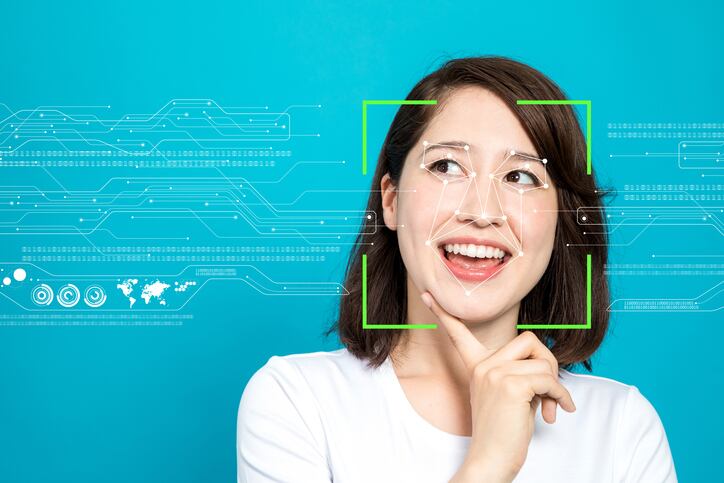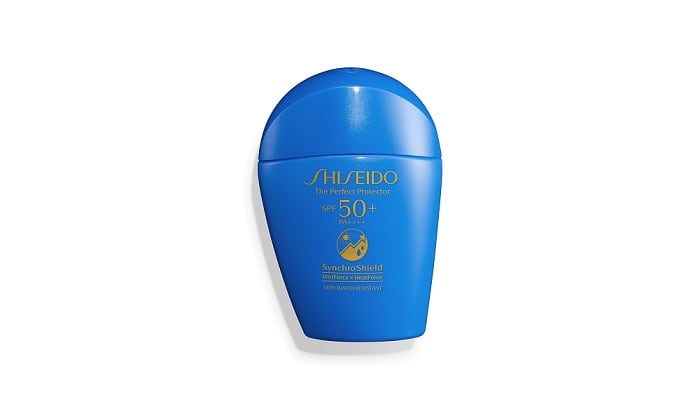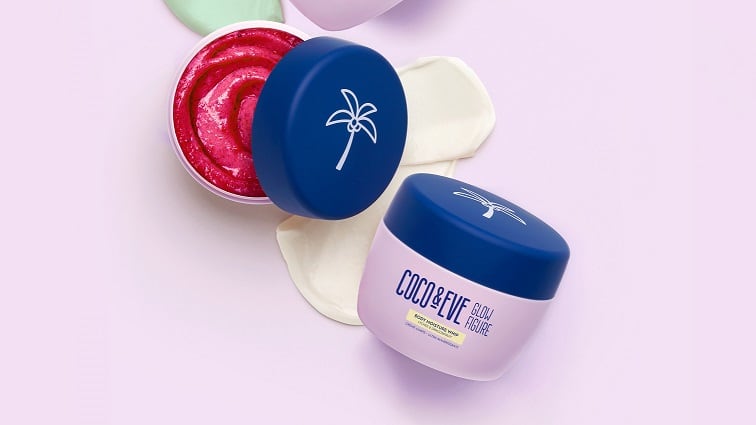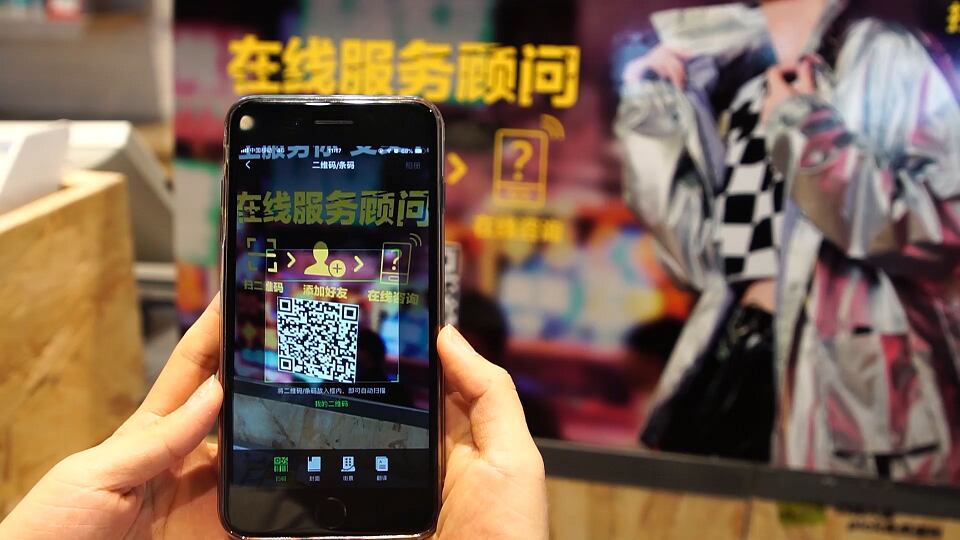Founded in 2019, Skintelligent is the brainchild of founder and CEO Eleanor Jones, a former executive with the Coca Cola Company.
The start-up develops an AI-enabled skin diagnostic tool that enables consumers to get personalised skin recommendations by analysing the skin from a simple selfie.
“Personalised skin care brands say personalisation is about having your own products mixed for you and there’s no flaw in that, but we are approaching personalisation from a different angle,” Jones explained.
She continued: “If you go to a beauty retailer, there are still very good brands and products, but consumers need help narrowing down that really long list of products into a shortlist of products that are more appropriate for your skin type.”
The Skintelligent model is a computer vision deep-learning model that can read smartphone pictures and pick up on different skin conditions.
It also layers on environmental issues such as harsh UV light or air pollution before recommending suitable products.
Jones told CosmeticsDesign-Asia that she formed the company as she wanted to apply data science to beauty and personal care where she sees the most potential for the technology.
“The beauty industry is very interesting. It's an attractive industry financially, but when you go beneath that, you see that it’s undergoing a lot of change,” said Jones.
One of the changes Jones has observed is the shift to e-commerce.
“Digital and e-commerce are becoming a bigger force in beauty. Right now, about 8% of global beauty sales are online and its going to double within the next five years. Already in markets like China its 30%,” she explained.
This is pushing cosmetic brands and retailers to find ways to engage with consumers online.
Natural beauty brand Luxe Botanics, has observed a 42% conversion of sales since bringing on an in-house aesthetician to provide expert skin consultations last year.
The brand, which operates primarily online, saw an opportunity to partner with Skintelligent and debut its skin diagnosis tool on its website in March 2020.
“A tool like Skintelligent helps small brands with smaller retail footprint that want to drive more e-commerce sales. It helps to create more of that experiential online shopping experience,” said Rachel Chan, executive director and chief of relationships at LUXE Botanics.
Additionally, the novel coronavirus (COVID-19) epidemic has highlighted the need for brands to innovate in the e-commerce space.
“You have to pivot to try and drive more online sales if people aren’t going out to your retailers. Having something like Skintelligent makes you a bit more resistant to the epidemic because you still have the online channel to interact with consumers and create that seamless shopping experience for them,” said Chan.
Skintelligent is currently working with small brands like LUXE Botanics to launch the Skintelligent tool on their websites. However, she is also speaking to larger companies who are interested in the technology.
Mostly, Jones is working with brands in Asian countries such as Singapore, Japan and Korea. She believes Asia is where the technology ‘fits’ the best, she said.
“Asia tends to be, compared to the general consumer market, a mobile-first market. E-commerce and digital solutions are very established. Additionally, you have a really discriminating beauty and skin care consumer. In Asia, good skin is a form of make-up, I think for all of those reasons, our tech tools work well in this geography.”
Jones is extremely optimistic about the future of AI beauty analysis tools in the future of the cosmetics space especially with advancements in the smartphone camera space.
“Using AI technology to analyse skin is much more difficult task than building it for autonomous driving, for instance. You need to identify melasma, pigmentation… It takes very precise science. This relies on really good input data – meaning high-quality pictures.
“We expect that these improved cameras and user experience will reduce user errors and allow us to train more accurate algorithms,” said Jones.
Moving forward, Jones told us that the company will continue to develop its products and get it to a higher level of accuracy.
Additionally, she hopes to add more capabilities and features to meet the needs of its brand partners and individual consumers.





